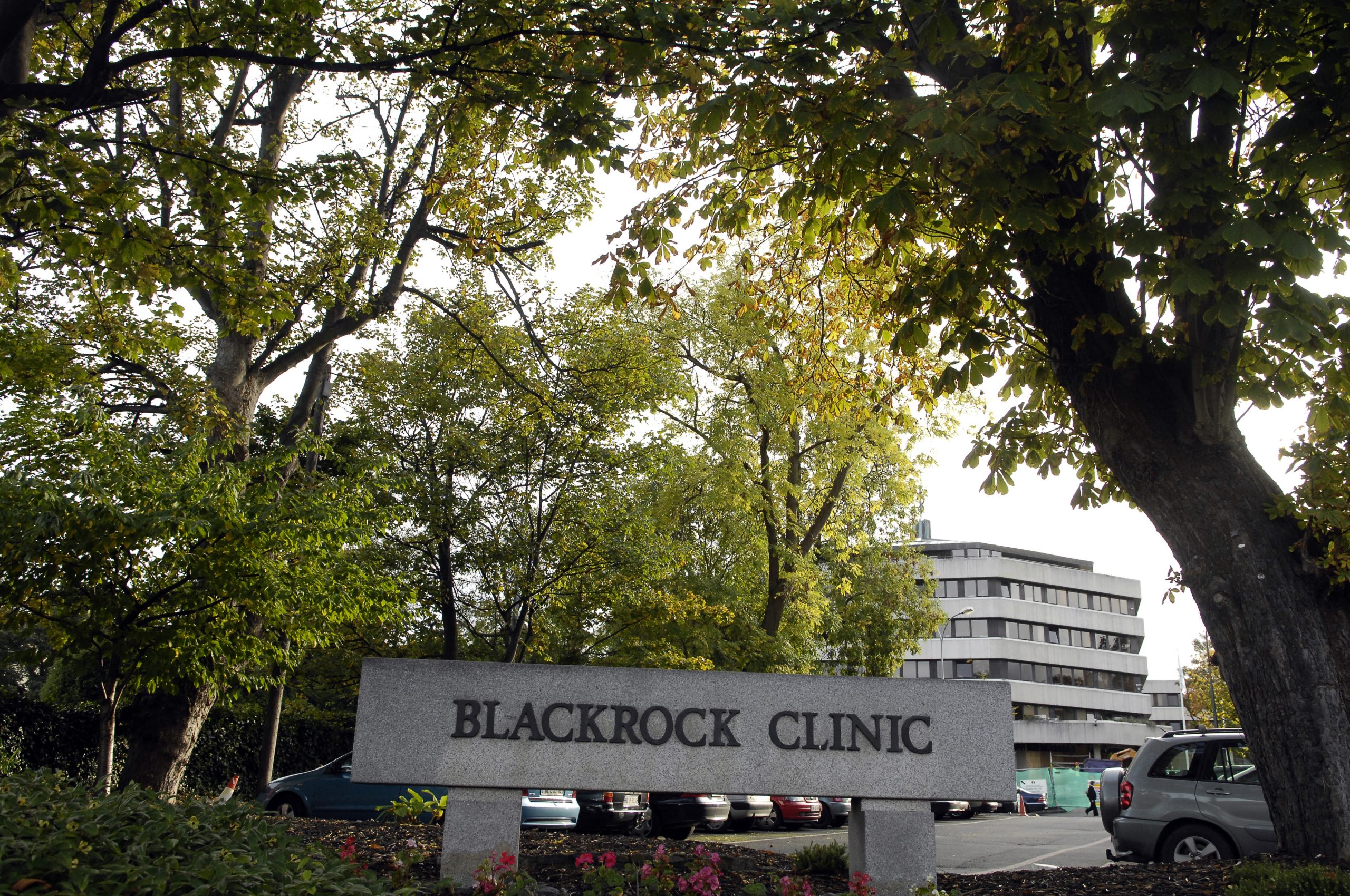We know that Larry Goodman has deep pockets. The beef baron’s corporate affairs are generally locked in offshore vehicles, so it is impossible to determine just how deep they are. However occasional transactions, such as a €3.3 billion restructuring of group companies in 2020, reveal a staggering wealth. We can see it also in relation to the Blackrock Clinic, albeit on a smaller scale. The dominant shareholder in the country’s biggest private hospital, Goodman cut it a cheque for €38.6 million on December 18, 2020. The money was used to pay the group’s bank debt in its entirety. By fully…
Cancel at any time. Are you already a member? Log in here.
Want to read the full story?
Unlock this article – and everything else on The Currency – with an annual membership and receive a free Samsonite Upscape suitcase, retailing at €235, delivered to your door.

